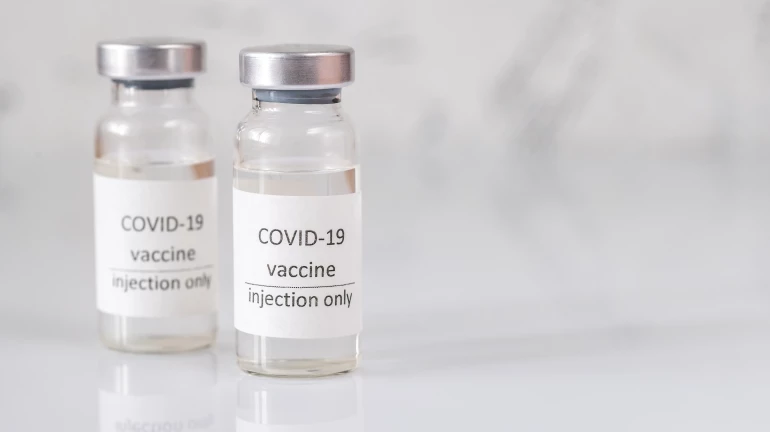
The Indian Government has officially extended the dosage interval for the vaccine produced by the Serum Institute of India (SII), known as Covishield.
Originally intended to be administered in two doses with four to six weeks between each other, the government later changed it to eight weeks. Now, the centre has updated it to mention 12 to 16 weeks instead, significantly prolonging the interval between doses.
It’s worth noting that this decision comes from a recommendation made by the National Technical Advisory Group on Immunization (NTAGI) on Thursday. The NTAGI guides the centre’s coronavirus immunization process for the country.
In a press briefing on Saturday, Dr V.K. Paul, Chair of the National Expert Group on Vaccine Administration of COVID-19 said, “The standard protocol of vaccine administration is 4-6 weeks. When the U.K. decided to delay their second dose, there was little scientific evidence to justify it at that time. That’s why our own recommendation was first 4-6 weeks and based on newer evidence, it was increased to 6-8 weeks.”
Read - Centre Increases Covishield Dose Gap To 12-16 Weeks; Experts Link It To Vaccine Shortage
“However, evidence from there has shown that their decision to delay the second dose upto three months has seen 65%-85% protection against severe disease. Also, there was a definite break in transmission of the disease. So that’s the evidence considered by the committee to expand dosage interval,” Dr Paul added.
Chairperson of the NTAGI, N.K. Arora concurred with Dr Paul adding that the decision was taken after studying three sets of real-world data from the UK showing that the vaccine was around 65 to 88 per cent more effective if the gap between doses was three months or more.
The data referred to here was posted by the British Medical Association under its peer-reviewed medical journal known as ‘The BMJ’ (The British Medical Journal) based on a large surveillance study by the University of Oxford in partnership with the UK Government.
Also read - Russia's Sputnik V Vaccine Has Reached India; To Be Available In Market By Next Week
The study showed that infections dropped by 65 per cent following the first dose of either the AstraZeneca or Pfizer vaccine with researchers finding that the two vaccines had similar levels of success with reducing infection rates. It’s crucial that the study was conducted between December 1, 2020, and April 3, 2021, given that the B.1.1.7 variant was prominent in the region during this period.
Although this particular study and its data is new, studies from earlier this year have illustrated to some extent that increasing the waiting period between doses could provide better protection from the virus. AstraZeneca’s updated analysis of the UK trial in February highlighted that the vaccine is more effective with a longer interval between two doses.
Read - COVID-19: BMC Issues Global Bid To Acquire 1 Crore Vaccine Doses





